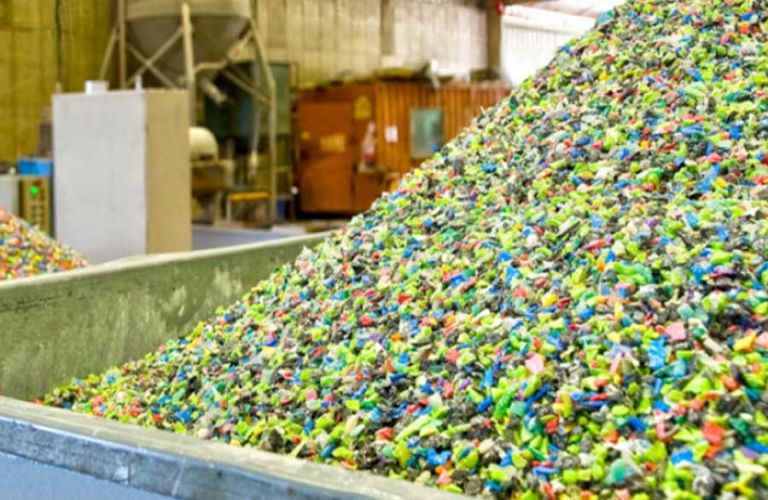The difference between biodegradable, compostable and recyclable
10 August 2020
There is a worldwide increasing tendency to encourage the use of recoverable materials through regulations, guidelines and initiatives to raise consumer awareness of the consequences of their habits on the environment and on collective health.
One of the main objectives of these institutional campaigns is to adequately inform citizens and operators about the ecological characteristics of the new materials, in the face of a mass communication that is still ambiguous and imprecise.
The trend in the plastics market
Until a few years ago, the vast majority of packaging, containers and other plastic objects was made of non-recyclable materials, and they were disposed in an undifferentiated manner. Today, however, the market increasingly adheres to a circular economy model, with an increasing demand for ecological, safe and beneficial products for the environment, health and the economy.
Read also: Separate collection: obligations and opportunities of the circular model
In fact, according to a recent statistic, 2.11 million tonnes of bioplastics were produced in Europe in 2019, rising to 2.43 million tonnes in 2024. This is a strong growth trend that clearly shows the trend of the market in the future.
Source: European Bioplastics
The difference between biodegradable and compostable
The requirements of biodegradability and compostability are of considerable importance in the packaging and food contact market strategies, but the wording is often equivocal and confusing.
To address these uncertainties, the EN 13432 standard defines certain specific criteria for defining a biodegradable or compostable material.
Biodegradability
A waste is biodegradable when it consists of materials that decompose due to the action of microorganisms. Degradation may occur under two different conditions:
- Aerobic, that is in the presence of oxygen: the substance produced is usable as fertilizer or substrate in agriculture and in floriculture;
- Anaerobic, that is in the absence of oxygen: the substance produced, in addition to agriculture, can be used as a gaseous fuel.
Compostability
According to UNI EN 13432 , a material is compostable if it is:
- biodegradable,
- disintegrable, that is to say, consisting of fragments of less than 2 mm in size,
- free from eco-toxic substances,
- poor in heavy metals and fluorinated compounds,
- with pH, nitrogen, phosphorus, magnesium and potassium values below the established limits.
So a waste, to be defined compostable must inevitably be biodegradable. On the contrary, a biodegradable material is not necessarily compostable because, for example, it may not disintegrate sufficiently during a composting cycle.
Recyclability: the highest step in sustainability
A waste is considered recyclable when, after appropriate processing, it can be reused in another way, such as cans, paper or polyethylene.
In particular, as regards the recyclability of plastics:
The term recyclable is constantly used to define materials and products without there being a defined and shared reference. But the recyclability of a product goes beyond being technically recyclable: consumers must have access to a collection and recycling system, a recycler must be able to handle the material and a final market for regenerated materials is needed
Steve Alexander, President of The Association of Plastic Recyclers
Read also: Applications and benefits of Polyethylene
Recyclable plastics such as polyethylene are the most sustainable for the environment, health and the economy. Their cycle of production, use and regeneration represents an important step towards a truly circular productive, social and human system.
[Cover image: photo from web]

